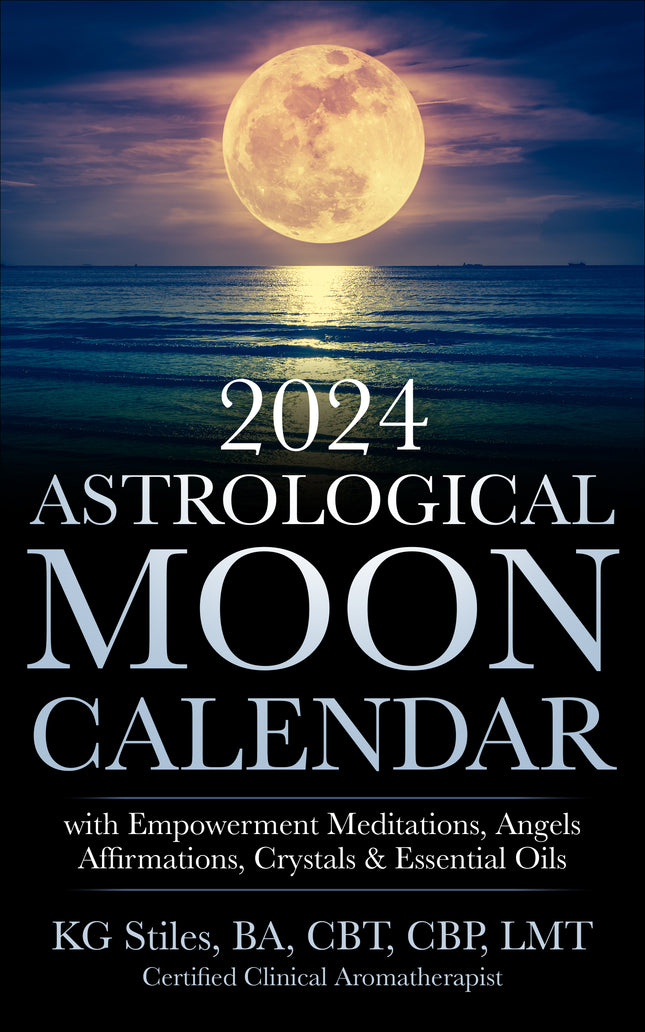 Your skin provides an important physical barrier against the external environment. Its role as a defense shield makes it especially vulnerable to damage from the elements such as heat and cold, wind and rain, and exposure to harmful UV radiation from the sun.
Your skin provides an important physical barrier against the external environment. Its role as a defense shield makes it especially vulnerable to damage from the elements such as heat and cold, wind and rain, and exposure to harmful UV radiation from the sun.
For those of us living in the Northern Climes of the world, the days are getting longer and the nights shorter. With longer days our exposure to the sun’s UV light increases.
Of course, increased exposure to the sun’s light provides you with an increased opportunity for synthesis of vitamin D. Your skin, when exposed to the sun’s ultraviolet B (UVB) rays, converts cholesterol into vitamin D.
Benefits of the Sun's Light
- Vitamin D plays a key role in regulating absorption of calcium and phosphorus for making strong, healthy bones.
- Vitamin D also supports normal immune system function. It’s well known that during the sunny, summer months people have far fewer colds and are less susceptible to picking up flu bugs.
-
Getting sufficient amounts of vitamin D also improves your resistance agains certain diseases like heart disease. In fact, according to research people with less exposure to sunlight are more at risk of developing certain cancers like, i.e. colon cancer, ovarian cancer, prostate cancer, pancreatic cancer. and Hodgkins’s lymphoma.
- Mood lifting is another major benefit of exposure to the sun’s rays. Studies show that exposure to the sun’s light triggers the release of serotonin by your brain to lift your mood. When your serotonin levels are low you are at higher risk of major depressive episodes and seasonal affective disorder (SAD).
- Exposure to the sun is also recommended by dermatologists for healing skin conditions like psoriasis, eczema and jaundice.
- Sunshine has even been linked to increased longevity. A study conducted over a 20 year period on 30,000 Swedish women, showed that the women who spent more time in the sun lived six months to two years longer than those who spent less time in the sun.
Health Risks of Exposure to UV Light
The downside of exposure to UV light can be increased damage to your skin, i.e. skin reddening and sunburn. Increased chronic sun damage can also lead to solar elastosis or photoaging.
Signs of Photoaging
- Premature aging of skin
- Wrinkles
- Leathery skin
- Liver spots
- Skin cancer
- Chemical hypersensitivity
- Damage to the eyes, i.e. cataracts
- Alteration of the skin’s immune system - your skin’s immune system protects your body from infection, cancer, toxins and autoimmunity.
- Actinic keratosis - rough scaly patches on your skin.
According to the Center for Disease Control (CDC), the sun’s ultraviolet (UV) rays can damage your skin in as little as 15 minutes.
5 UV Protection Safety Tips
- Shade - seek shade under an umbrella or tree.
- Clothing - wear long-sleeved tightly woven shirts, skirts and pants.
- Hat - wear a wide brimmed hat to shade your face, ears, and back of your neck. Again, tightly woven fabric works best for UV protection.
- Sunglasses - protect your eyes from UV rays to reduce the risk of developing cataracts and protect tender skin around your eyes. For best protection use wrap-around sunglasses that block both UVA and UVB rays.
- Sunscreen - can provide protection, but comes at a cost. There are a numerous worrisome reports about the chemical ingredients contained in sunscreen, i.e. oxybenzone and avobenzone shown to protect skin from the sun's ultraviolet (UV) rays. These chemicals also increase your risk of sunburn and skin cancer.
Best Time of Day to Get Sunlight
According to research Midday is the best time to get sunlight. At noon, the sun is at its highest point, and its UVB rays are most intense. This means you need less time in the sun (as little as 13 minutes) to make sufficient vitamin D.
UV Protection Essential Oil Research
Manuka (Leptospermum scoparium)
There is growing interest in using manuka oil for anti aging skin care products. A study on manuka oil was conducted to find out its bioactivity for use in anti aging skin care and functional cosmetic products. Solar ultraviolet (UV) radiation was cited as the primary environmental factor causing skin damage and consequently premature aging.
Manuka oil was evaluated for its effects against photoaging. The study showed that topical application of manuka oil suppressed the UVB-induced increase in skin thickness and wrinkle grading.
Application of a 10% dilution of manuka oil reduced the average length, depth, and % area of wrinkles significantly, and this was correlated with inhibition of loss of collagen fiber content and epidermal hyperplasia (often an initial stage in the development of cancer).
It was observed that manuka oil could suppress UVB-induced skin inflammation by inhibiting the production of inflammatory cytokines. Results of the study showed evidence that manuka oil has antiphotoaging activity and reduces skin inflammation induced by UV irradiation.
The study concluded: “Our work supports that manuka oil can be used in the formulation of skin care and functional cosmetic products.”
Myrrh (Commiphora myrrha)
The study cited that, "Because of the growing concern of using chemically derived sunscreens, research for UV protection using natural products is being conducted."
A 2018 study was conducted on Myrrh (Commiphora myrrha) oil. The study cited that, "Finding plant-based alternatives to sunscreens for protection against carcinogenic effects of UV radiation, is an important area of research." The study reported that Myrrh oil showed UV blocking activity and concluded that, “Natural-based sunscreens supplemented with synthetic UV deterrents may provide a more holistic approach to prevent UV-induced skin damage.”








Leave a comment